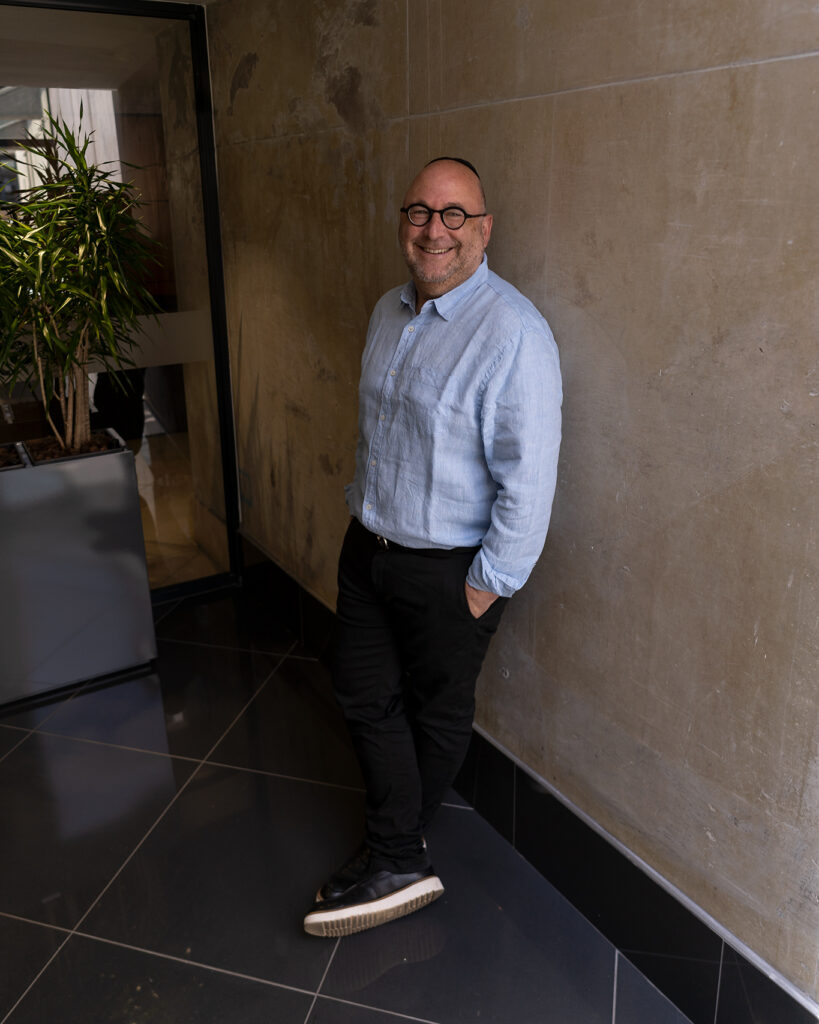The drive home from work is not a pleasant one. Although I live a privileged 12 minutes from the office, the rapid and unrelenting deterioration of every aspect of the journey has made it not only longer, but also more treacherous. One by one the traffic lights have ceased to function, streetlights along many parts of the way don’t work, and potholes on the road surfaces expand day after day. It is rare to see anything attended to.
Johannesburg is a hot mess. And there are few signs of it getting any better.
The decay of the largest economic hub of the country should be of real concern, not only for residents who are asked to tolerate the decline, but also for future investment. It is not hard to imagine what a visitor to the city would think as they drive through area after area of semi-functional infrastructure. It is also nor hard to imagine how little confidence they would have in their investment being cared for, nurtured and grown in a city that doesn’t care for itself or its own people.
The decay and lack of care begins with the political parties who placed the unqualified and impotent mayor in the position. Kabelo Gwamanda has been the mayor of Johannesburg since May 2023. A member of the Al Jama-ah party, he is the ninth executive mayor of the metropolitan municipality since 2016.
Gwamanda was elected, with 139 votes, at a special council sitting. His party had only three seats in the Joburg council, but the ANC and EFF ensured his election as part of a collective deal to take over Gauteng’s hung municipalities. The parties had decided that minority party members should hold the mayoral seat, while they share the majority of the mayoral committee positions.
The result? A non-functional city on the brink of collapse.
A comparison between the styles of Geordin Hill-Lewis, executive mayor of Cape Town and Kabelo Gwamanda highlights a fundamental, but significant difference: a difference that is reflective of his appointment as well as the party’s motivation behind it. Where Hill-Lewis spends a significant amount of time connecting with his constituents, being visible and active, Gwamanda, a year into the job, still has the look of someone who is shocked by the position that he finds himself in.
Where Hill-Lewis is seen in all areas of Cape Town, I wonder if Gwamanda has any real sense of where Johannesburg begins and ends. He rarely (if ever) speaks on radio and rarely (if ever) is seen connecting with residents.
One gets the overwhelming sense that he was randomly picked by ANC and the EFF, but that anyone (as long as they are not of either party or the DA), would have done.
Which tells you just how little the ANC and the EFF care for residents of Johannesburg as opposed to how much they care for their political agenda.
The controversy around US president Joe Biden and his ability to hold office, is an interesting one. Following the recent presidential debate with contender Donald Trump, it has become apparent that he is no longer fit for the position. It further appears that he has, for the last while, been protected by his party who has shielded him from scrutiny. Since the debate, however, even members of his own party have expressed concerns over his mental acuity and have called for him to be replaced.
The fact that the ANC and the EFF have not called for Gwamanda to be replaced, says more about them that it does about him.
The difference between Biden and Gwamanda is that Biden is past his prime. He has had a tremendously successful career and has been a politician of substance. Gwamanda is not even that. He is not “yesterday’s hero”. And where at least Biden “once was”, Gwamanda has never been.
Johannesburg is a beautiful old lady. She is rich in history, in wisdom, pain and depth. She is in desperate need of restoration, of polish and lick of paint. She has residents who are deserving of better, who are desperate for change and who deserve to have a mayor who is on their side.
It is time. Time for Gwamanda to resign, or to be replaced. It is time for Johannesburg and not the political parties to be made the priority. And it is time for the people of the city of gold to be treated as if they matter.





